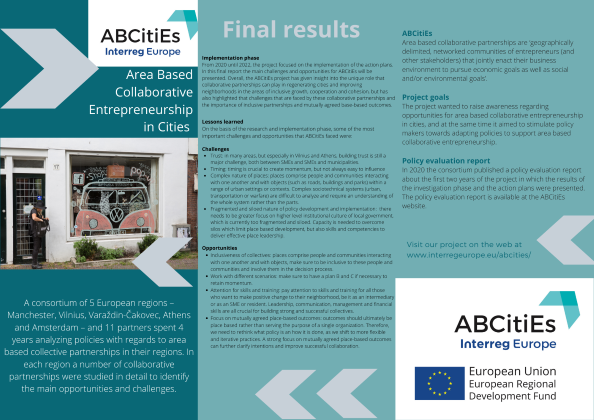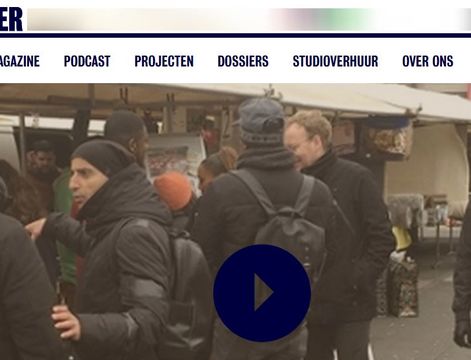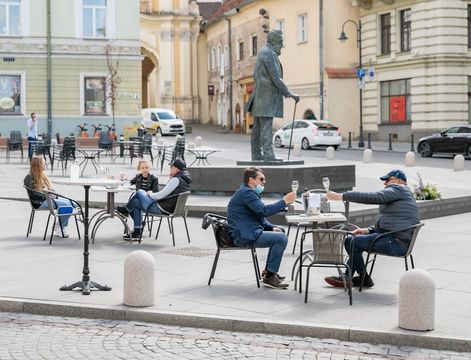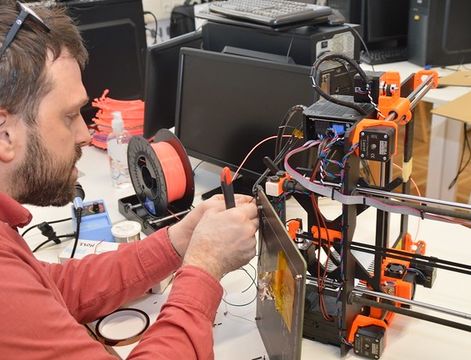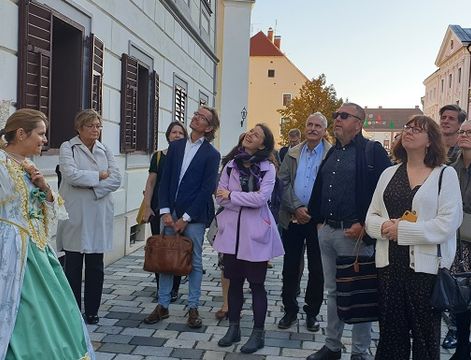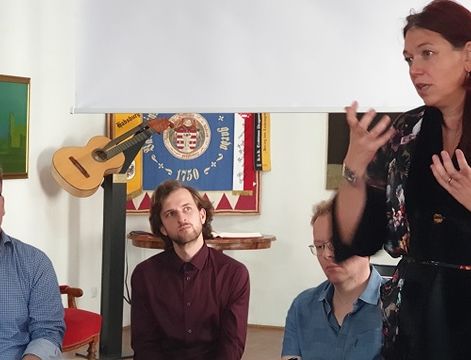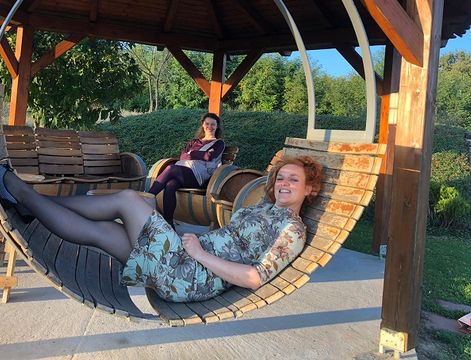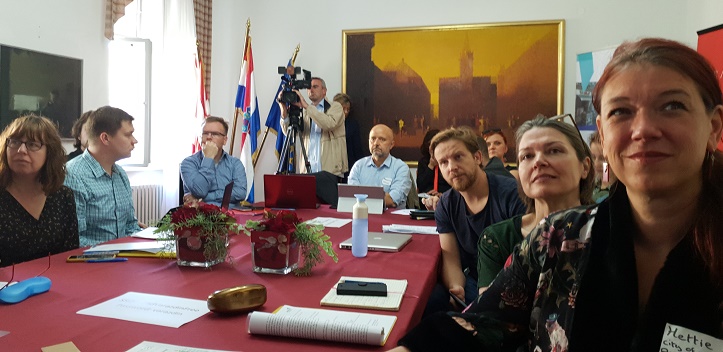A particular type of inspiration emerges when researchers and policymakers get together with the people working in the field they are studying and formulating policy for. Such synergy between research, policy and practice is essential for a project like ABCitiEs, which aims to suggest research-based policy initiatives to better support Area-Based Collaborative Entrepreneurs (ABCEs).
However, representatives of ABCEs already have a lot on their plate, balancing the management of their own business with the activities they undertake for the collective. No wonder it can be difficult for them to find time to attend meetings, let alone to spend three days in Varazdin and Chakovec, Croatia, to join the ABCitiEs interregional meeting. As a result, it is often government-supported intermediaries that are able to join on behalf of ABCEs. I was therefore pleased to see that this time two business owners and ABCE initiators also managed to attend. They represented ABCEs in Withington, Manchester and the Secret Village in Amsterdam.
Both business owners had formalized their role in the ABCE, so they generate part of their income from the activities they undertake for the collective. This degree of professionalization seems like an important step to boost the success of ABCEs. Their presence at the interregional meeting, for example, allows them to represent their collective interests to key actors in the local government and learn from other ABCEs. However, to raise sufficient funds to pay the initiators of ABCEs for their services can be a hurdle. It requires such strong awareness of common challenges and goals in a varied group of stakeholders – sometimes with different interests and always with the profitability of their own SME in the back of their mind – before they commit to a financial contribution.
Surprisingly, both SME owners claimed that in their case, this decision was taken quite organically. Before they ever brought it up themselves, other members of the ABCEs offered to start paying for their services. Of course, this followed after an initial period in which they voluntarily initiated and built up the collaboration. After seeing the benefits of collaborating in this initial period, however, the local SMEs in both cases were happy to contribute. This raises two important questions with regard to the project’s aim to support ABCEs.
First, how do you bridge the starting period when an initiator is perhaps most needed but willingness to pay is relatively low? In the cases of Withington and the Secret Village, the initiators both ran SMEs that were doing well enough for them to take more distance from the daily operations. This allowed them to take a more critical look at their direct environment. What happens in the cases that lack such entrepreneurs? It makes you wonder how many potential ABCEs are out there if only someone had the time to initiate collaboration. Of course, this is a question many local governments have asked themselves and in different settings we see government-funded intermediaries and government representatives acting as initiators. However, this leads to a second question.
How do cases with an initiator from within the collective differ from those with an external initiator? In both cases presented here, members of the ABCE voluntarily decided to contribute to the initiator’s fee at some point. How likely is it that when the initiator is paid by the local government? Once the local government has adopted financial responsibility for the ABCE initiator, it becomes difficult to return that role to the collective. It could therefore be interesting to think of other ways to find an initiator than by simply paying one.
The Knowledge Mile in Amsterdam actually provides an interesting case where an alternative solution was found. The initiators started the local collaboration as part of their job at the University of Applied Sciences. This allowed them to spend considerable time on the ABCE, but also created a general acceptance that at some point the entrepreneurs would take over these responsibilities. In the different cases, we have seen a number of semi-government institutions getting involved in ABCEs, such as museums, theaters, media institutions and housing corporations. Perhaps some more of these institutions could be motivated to initiate collaboration until there sufficient momentum has been created for entrepreneurs to take over?


